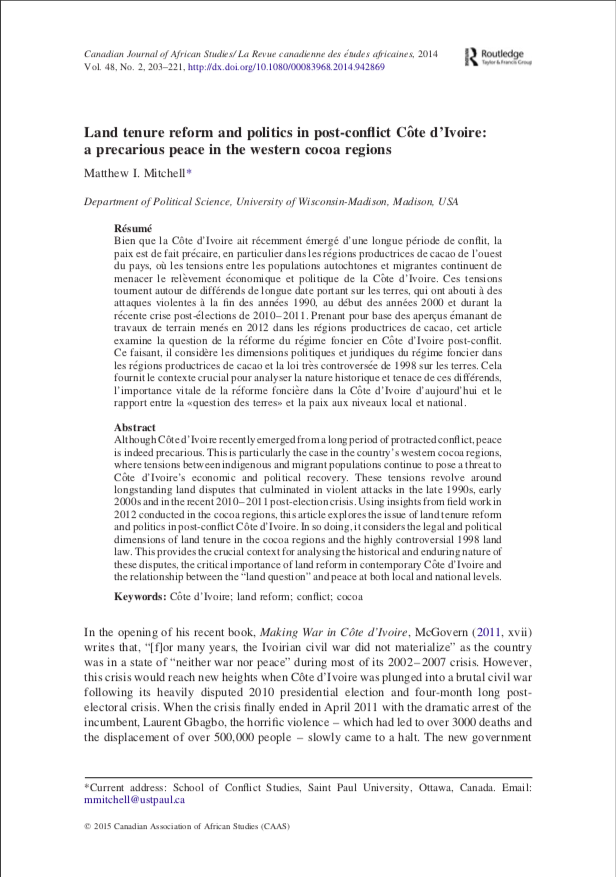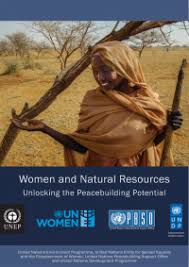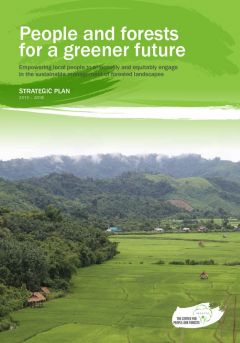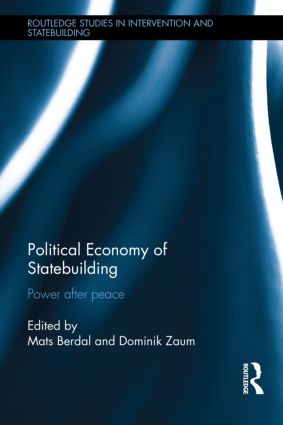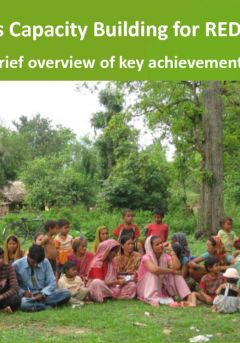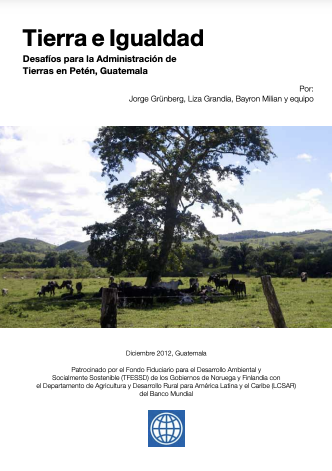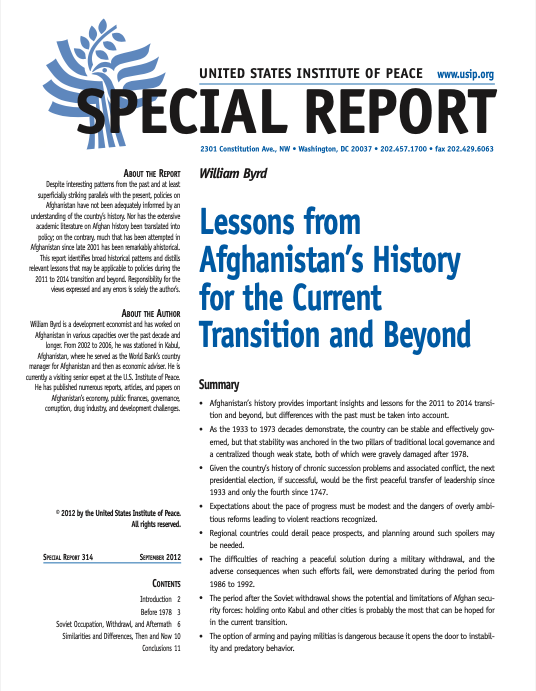Land tenure reform and politics in post-conflict Côte d’Ivoire
Although Côte d’Ivoire recently emerged from a long period of protracted conflict, peace is indeed precarious. This is particularly the case in the country’s western cocoa regions, where tensions between indigenous and migrant populations continue to pose a threat to Côte d’Ivoire’s economic and political recovery. These tensions revolve around longstanding land disputes that culminated in violent attacks in the late 1990s, early 2000s and in the recent 2010 – 2011 post-election crisis.

